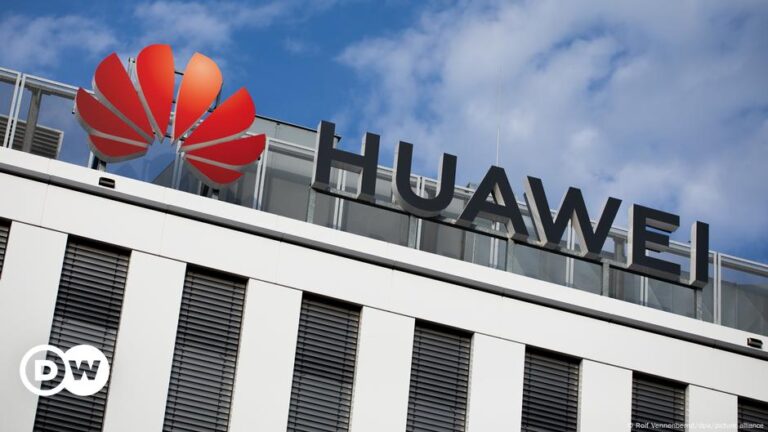Germany will phase out the use of Chinese-made parts from telecommunications giants Huawei and ZTE in its 5G networks over the next few years due to security concerns, the interior ministry said on Thursday.
Interior Minister Nancy Fazer said components from Chinese giants will be removed from the 5G core network by the end of 2026. Huawei and ZTE’s “critical control systems” for 5G access will be replaced by the end of 2029.
What did Germany say?
5G networks are part of Germany’s “critical infrastructure” and are crucial to the functioning of a range of sectors, from healthcare to transport to energy.
“We are protecting Germany’s central nervous system as a business location and safeguarding the communications of its citizens, companies and the state,” Faeser said. “We must reduce security risks and, unlike in the past, avoid one-sided dependency,” the ministry said.
The ministry said the decision follows negotiations with Deutsche Telekom, Vodafone and Telefonica, the operators of Germany’s 5G networks. Contracts with the three companies are due to be signed.
How did China respond?
The Chinese government said on Thursday that the German government should evaluate providers of 5G technology without political considerations.
Chinese foreign ministry spokesman Lin Jian said politicizing economic, commercial and technological issues would only hinder cooperation.
Lin said Chinese authorities expect Germany to respect facts, make appropriate decisions and provide a transparent and non-discriminatory market environment for companies from all countries.
He said Chinese companies such as Huawei have been operating in Europe for years, creating jobs, paying tax and helping to build infrastructure, and stressed there was no evidence they posed a risk to national security.
Tensions in Sino-German relations
Germany and Beijing have long maintained close economic ties, but since the energy crisis following the war in Ukraine and the break with Russia, Berlin has sought to reduce its economic reliance on China.
German Chancellor Olaf Scholz’s government last year drew up a relations strategy that cited a “systemic rivalry” with Beijing and the need to reduce the risks of economic dependence as it tackles challenges such as climate change and trade relations.
China has criticized the strategy.
rmt/lo (AFP, AP, DPA)


